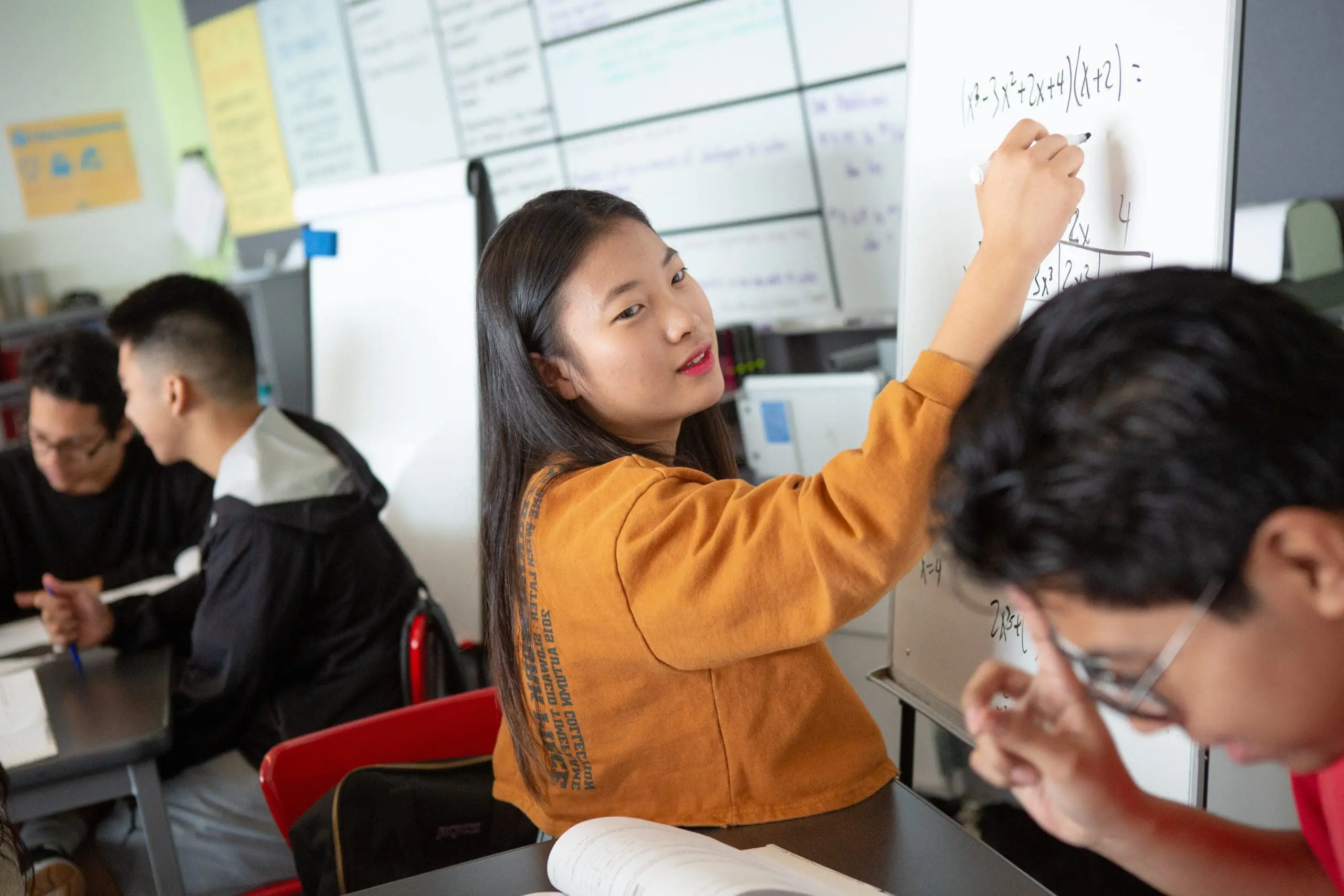In 2021, California set a new bar for what statewide longitudinal data systems (SLDSs)—systems that connect individual-level data over time from early childhood, K–12, postsecondary, and workforce—should look like, displaying many of the elements found in DQC’s state recommendations for SLDSs. Three years later, California’s Cradle-to-Career (C2C) Data System has continued to progress, with significant attention to public engagement—a key feature of effective data governance.
What sets California apart from other states is its commitment to involving the public in every step of the SLDS development process. From the beginning, California has been the first state to center families, communities, and practitioners in developing their SLDS, both in the legislative framework and practical execution of their SLDS. This focus on continuous public engagement is crucial for the ongoing success of the C2C system, as seen in the state’s comprehensive communication and community engagement strategies.
- Under the California Cradle-to-Career Data System Act, the Community Engagement Board and Data and Tools Board must hold regular, publicly available meetings. These meetings, or community conversations, aim to gather community feedback and suggestions to improve the C2C user experience and ensure a transparent and inclusive decisionmaking process. These meetings are not only a forum for open feedback, but a platform for C2C to demonstrate how public input has shaped system improvements; effectively creating a full cycle of feedback and improvement. All community conversations are available as live webinars, recorded sessions archived online, and more recently, as in-person meetings held in various cities across California.
- State law requires C2C to seek input from advisory groups consisting of researchers, policy experts, local education leaders, advocates, and the general public. The process for recruiting advisory board members itself is transparent and inclusive, with open calls for applications sent out across several platforms including social media outlets and the C2C newsletter. These recruitment efforts are translated into Spanish, underscoring the state’s commitment to diverse representation.
- In 2022 and 2023, C2C conducted Student Experience Audits to address real-life challenges students face as they transition from high school to postsecondary life. The findings from these audits are publicly available on the C2C website, providing valuable insights for ongoing system development.
- In 2024, C2C plans to launch Data Stories—data literacy tools that illustrate how the system’s dashboards can address questions from various user perspectives. Data stories will feature topics such as Teacher Training and Retention for researchers or Student Pathways for families, using interactive tutorials and persona-led guides to help the public better understand how to use the data available.
California’s commitment to include the public as it develops its SLDS sets an example for other states. By ensuring that community voices are integral to the development of its data system, California demonstrates how state leadership can engage the public to create a system that works for all stakeholders. Other states should take note of California’s approach, as it represents a forward-thinking model for the future of state data systems.


